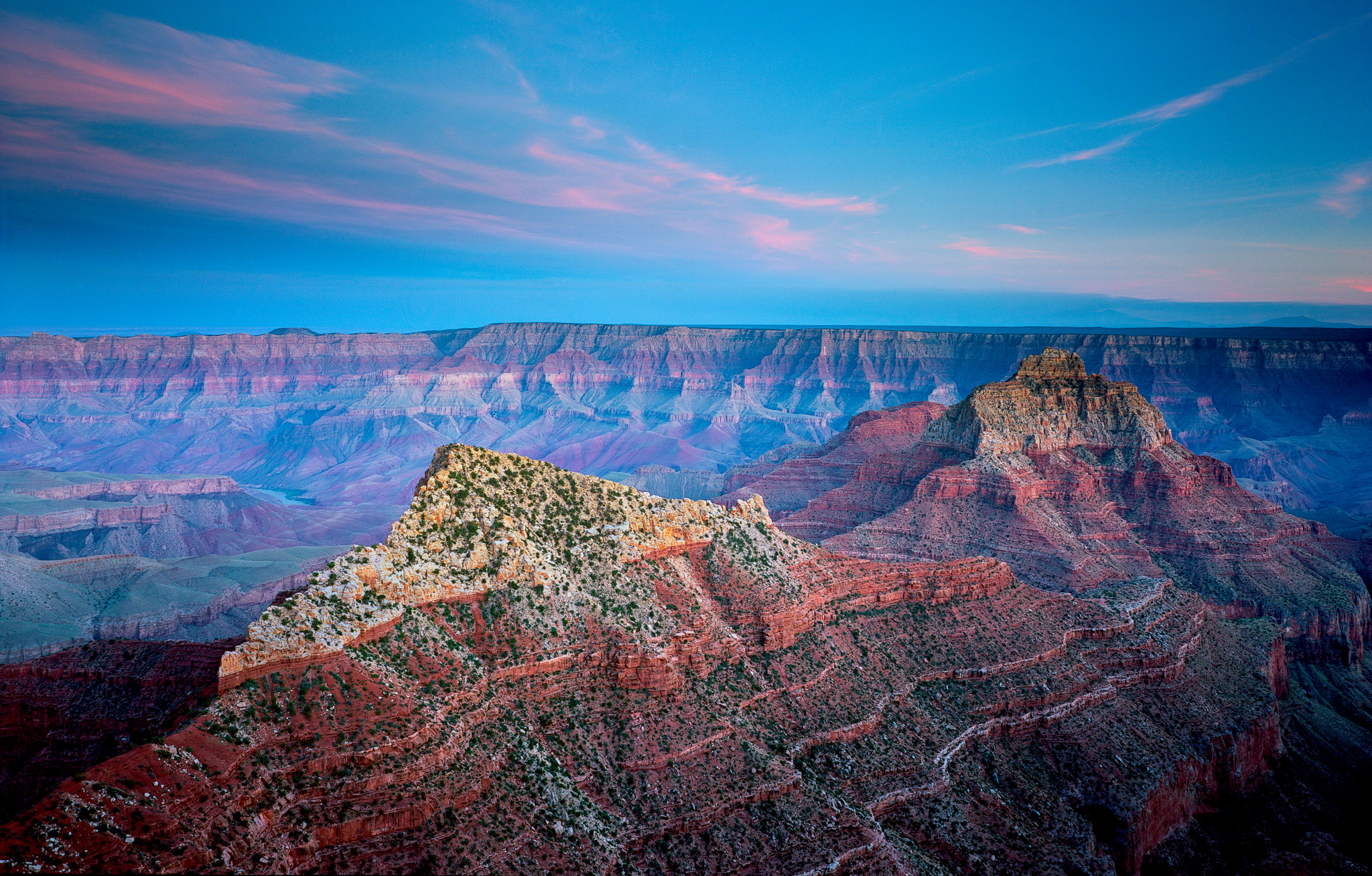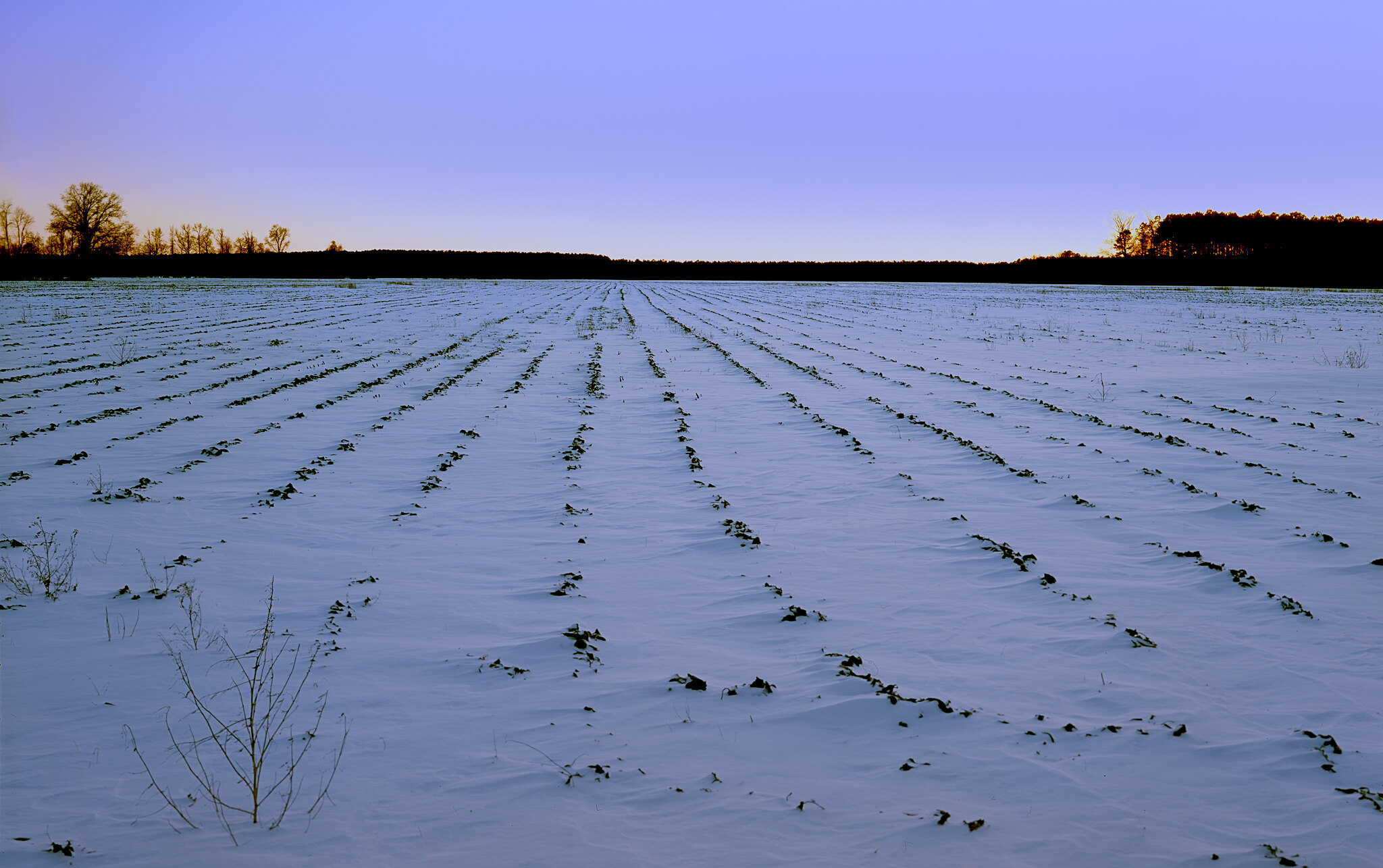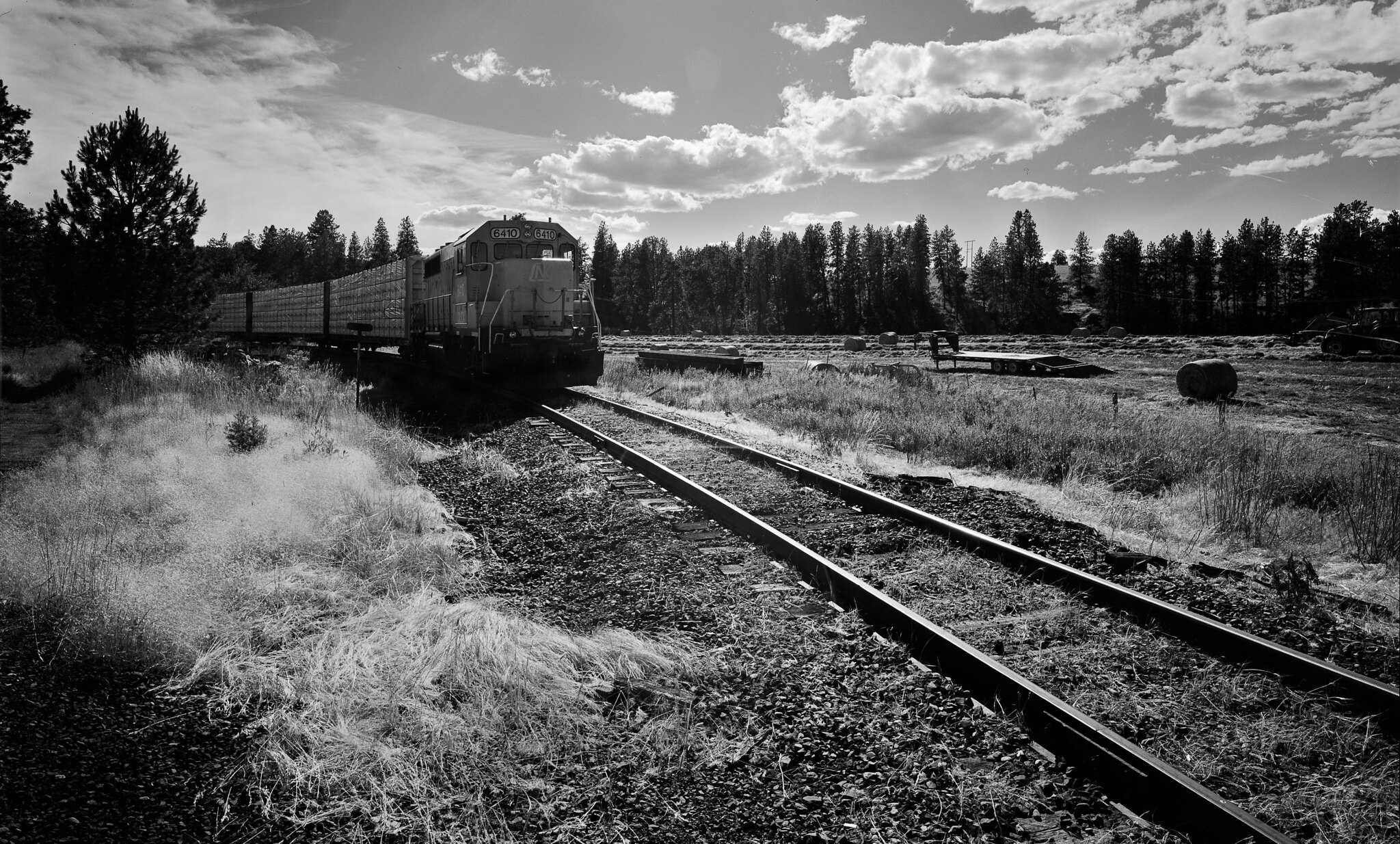
Originally Posted by
Steven Ruttenberg

You can use a grad nd. I use them all the time for color and bw. Meter the sky (not next to the sun), meter the area you want properly exposed in the foreground. Look at the difference and then pick a grad nd to give you the stop range you want. Ie, If sky measures say 1/2000 sec at f/22 and the object you want properly exposed reads 1/30 sec at f/22, and you want there to be a 3-stop difference, use a 3 stop grad nd. 4 or 5 if you want the difference to be smaller or use 2 or 1 stop if you want a larger difference.



 Reply With Quote
Reply With Quote






Bookmarks